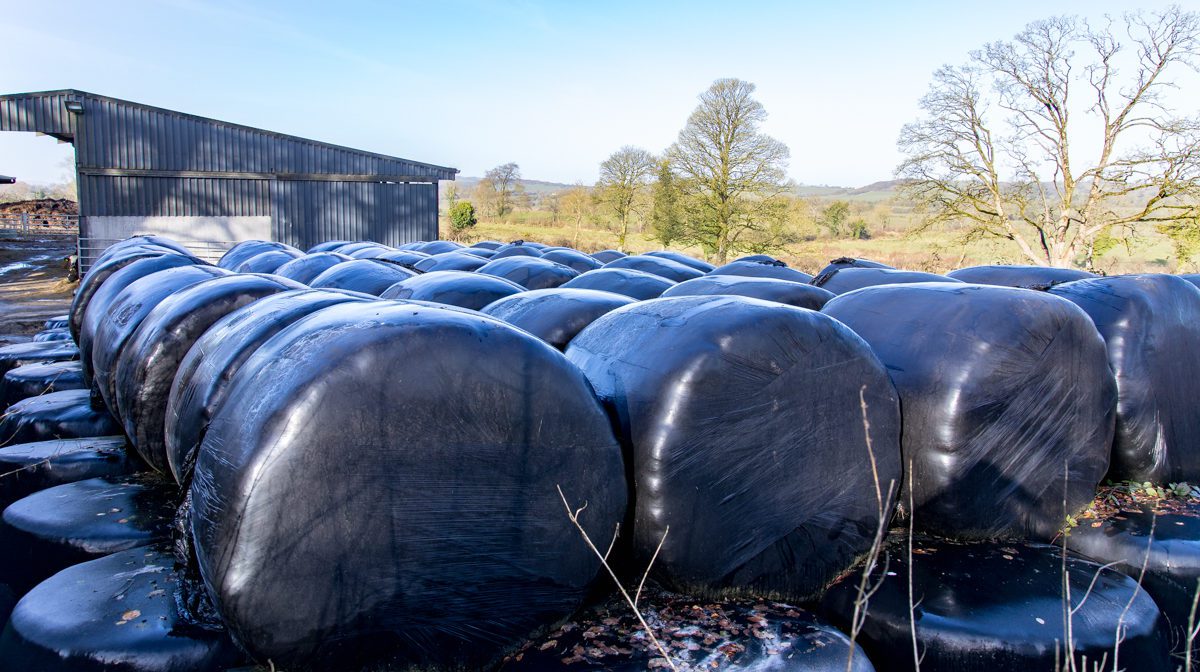The importation of fodder is one option being considered by the Minister for Agriculture, Food and the Marine, Michael Creed, to alleviate the current shortages facing farmers.
The minister announced today that an immediate review of fodder supplies and identification of possible measures to increase fodder availability will be carried out.
This announcement follows a meeting between department officials, Teagasc and the main co-ops which took place last week. Another meeting of this group is scheduled to take place tomorrow (Wednesday, April 4).
This group is ensuring a co-ordinated approach to the issue and will also look at the availability of forage – including possible recourse to the option of imports, should it be required, the department added.
Commenting on the matter, Minister Creed said: “Significant rainfall over the weekend in many areas of the country has created additional challenges for Irish farmers dealing with what has already been a difficult spring.
“Officials from my department, in conjunction with Teagasc, have been actively monitoring the availability of fodder supplies for purchase by farmers.
Where there had been regional difficulties with fodder availability previously, the recent poor weather – coupled with poor grass growth – has delayed turnout of animals across the country, and this is putting pressure on fodder supplies across a number of regions.
“As supplies are tightening, it is important that these are managed proactively. My officials met with Teagasc and the major co-operatives last week to ensure co-ordinated advisory support for farmers.”
The minister called on farmers who still have supplies to continue to make these available to neighbours through local groups, the co-ops and Teagasc.
Teagasc advisors are available to conduct fodder budgeting and Minister Creed is asking Teagasc to run fodder clinics, in an effort to help farmers manage their particular situation.
Concluding Minister Creed said: “It is important to recognise that while supplies around the country remain tight, other options – including importation – need to be considered.”
